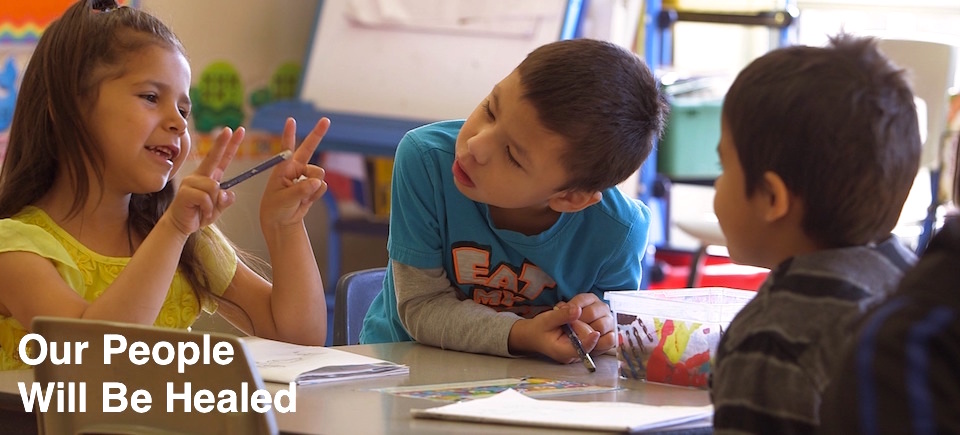
Alanis Obomsawin’s Hopeful New Opus
Alanis Obomsawin’s Hopeful New Opus
Words have always been precious to Abenaki filmmaker Alanis Obomsawin who routinely begins production on a film by simply listening, recording quiet conversations with her main subjects. Much of this original audio later occupies a central place on her final soundtrack.
Engaged listening of this type is a form of cultural solidarity, setting her apart among filmmakers. In a career spanning five decades she’s produced landmark docs like Incident at Restigouche and Kanehsatake: 270 Years of Resistance — amassing an extraordinary body of work that fosters essential new understanding of the Indigenous experience, retrieving First Nations history from oppressive colonial narratives while advancing concrete positive change.
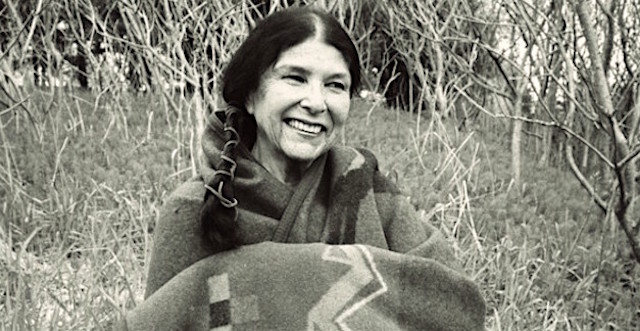
“The best gift you can give someone is to really listen to what they have to say — about themselves and their lives, about what’s unjust in the world, about what’s happening in their communities,” said Obomsawin during a recent conversation with TIFF Digital Producer Malcolm Gilderdale.
Our People Will Be Healed, her latest major film, brings her to the remote Cree town of Norway House, Manitoba, where she listens to students and educators at the Betty Osborne Ininiw Education Resource Centre, a groundbreaking initiative in community-based Indigenous education. The 50th film in a remarkable 50-year career at the NFB, it gets its world premiere in the Masters Program at the 2017 edition of the Toronto International Film Festival.
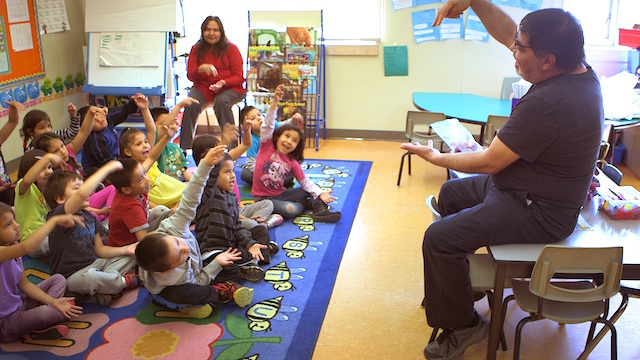
“Alanis is a courageous and gifted artist, a tireless and impassioned advocate for justice, and her unparalleled body of work has fundamentally recast understandings of Indigenous-settler relations in Canada,” says Michelle van Beusekom, Executive Director of the NFB’s English Program. “Her ongoing contribution to Canada’s documentary tradition and global Indigenous cinema is incalculable.”
Our People Will Be Healed is the latest addition to Obomsawin’s film cycle on children’s rights — a series that began with the Donald Brittain Award-winning The People of the Kattawapiskak River (2012) and continued with Hi-Ho Mistahey! (2013), Trick or Treaty? (2014) and We Can’t Make the Same Mistake Twice (2016), which premiered at last year’s edition of TIFF.
“We are on the road to a place we’ve never been before, to a new age for Indigenous peoples,” says Obomsawin. “It is our youth who are leading us. This is what I am trying to show in these films.”
TIFF programmer Magali Simard refers to Our People as Obomsawin’s “most optimistic film yet” and in launching her latest work at TIFF, Obomsawin renews ties with a festival that has championed her work for decades.
Our People is directed and produced by Alanis Obomsawin, working with long-time editor Alison Burns. Executive producer is Annette Clarke. Following its TIFF premiere, Our People Will Be Healed will travel across the country with screenings already announced for the Atlantic International Film Festival, the Cinéfest Sudbury International Film Festival, and the ImagineNATIVE Film & Media Arts Festival.
Many titles from Obomsawin’s considerable opus are currently being screened in communities across the country as part of the NFB’s Aabiziingwashi (Wide Awake) Indigenous Cinema Tour. Many can also be seen on nfb.ca
Watch the trailer:

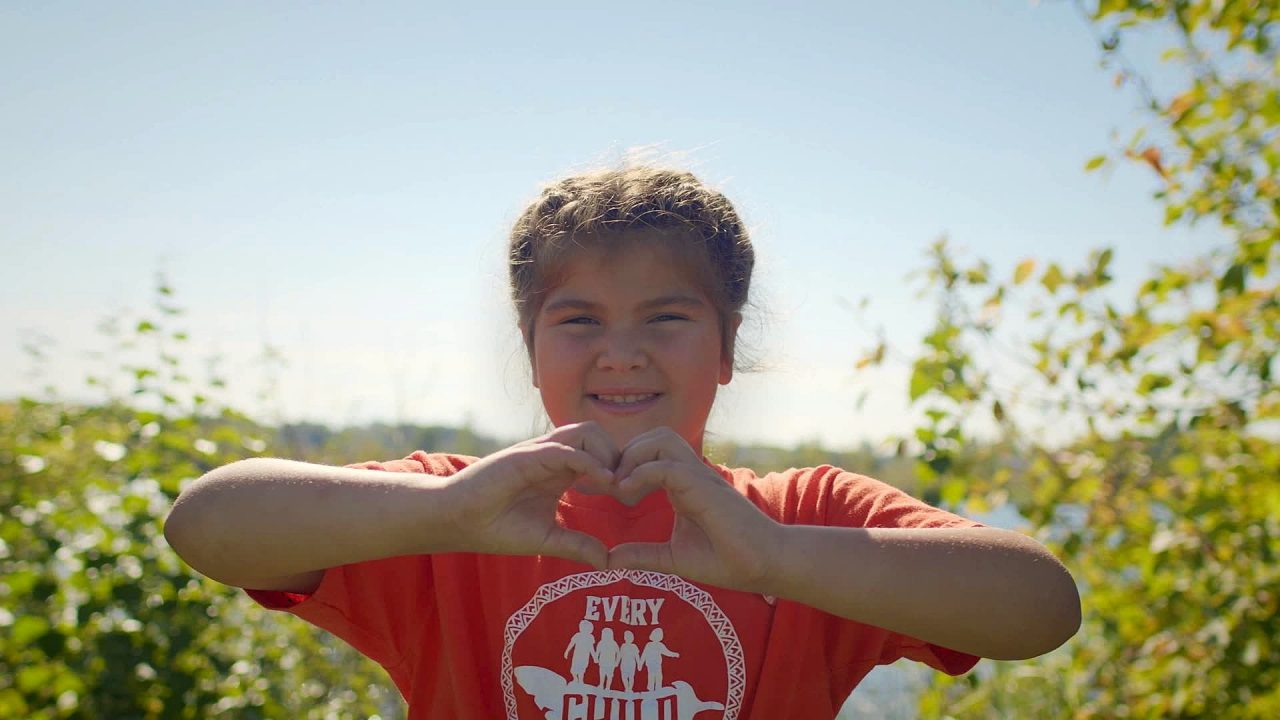
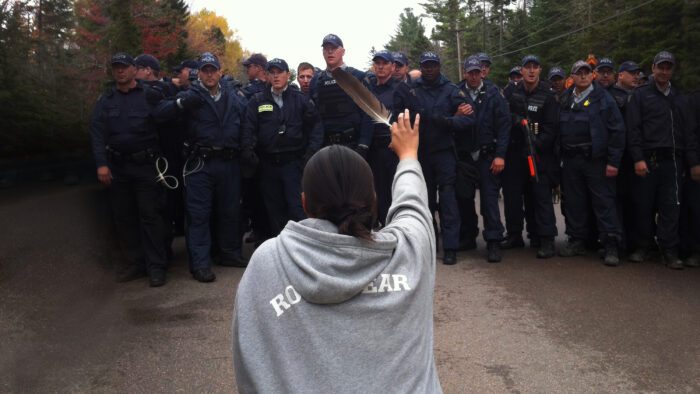
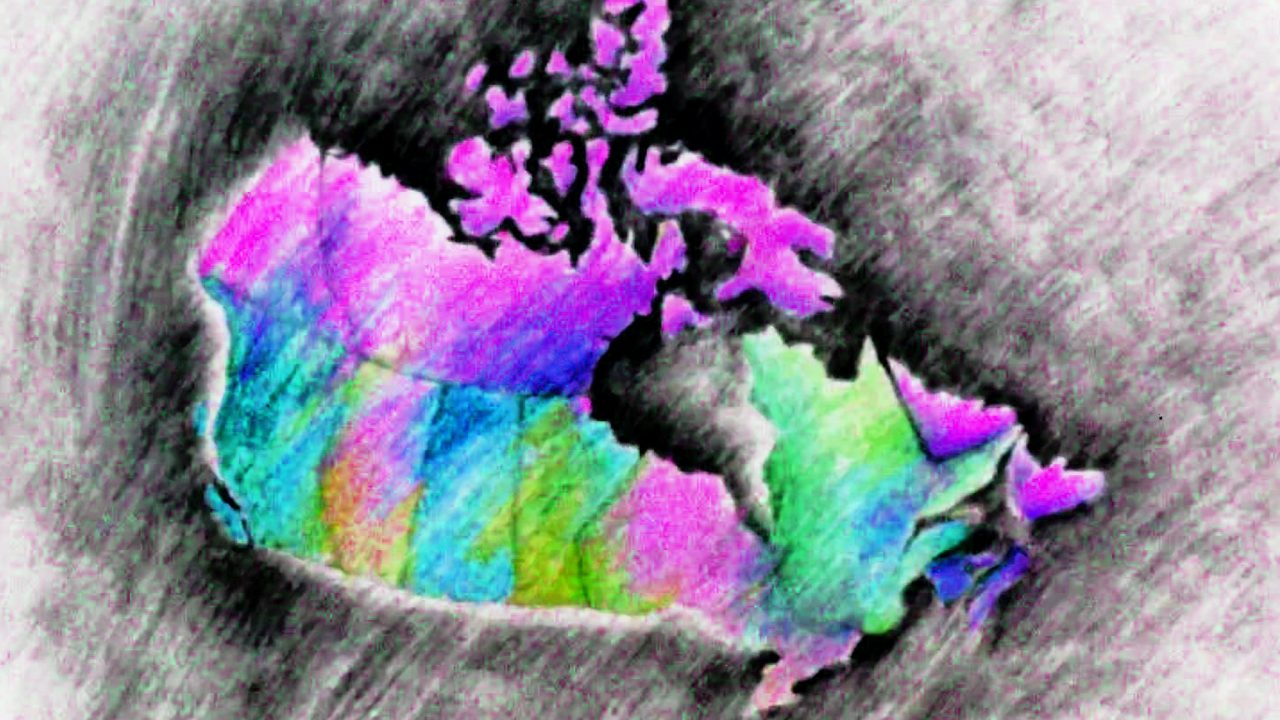
Tansi,
In Bigstone Country, Alberta. I would like to see if Mrs. A. Obomsawin could consider visiting our community to talk to our children and offer them the hope of possible success that she is a living example of it.
Exemaga.
Hi Mike!
You should forward your request to our customer service department at clientservices@nfb.ca. Have a great day!
Greetings,
My name is Tammy Martin, director of Employment, Training and Adult Education for Gesgapegiag and under GHRDC (Gesgapegiag Human Resource Development Commission). I’d like to invite Alanis to Gesgapegiag for a speaking engagement in regards to her previous films with the students of our centre.
Thank you, Tammy Martin
Hi Tammy. Your best bet would be to contact our customer service department at clientservices@nfb.ca with your request, or to contact the Quebec studio directly. Thanks.
Dear friends,
My name is David Bergeron, and I would like to contact Ms. Alanis Obomsawin.
In 2018, I will be a visiting scholar at Bishop’s University, and I am right now doing research to create a website about the TRC and Native education and culture generally, all linked to the Reconciliation process.
I would like to ask Ms. Obomsawin if we could reproduce (copy) some of her works on our website, like attaching some of her films.
Thanks enormously,
David Bergeron, Ph. D.
Hi David!
You should contact our customer service department at clientservices@nfb.ca with your request. Have a great day!